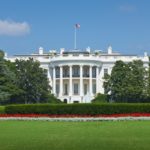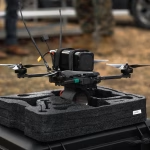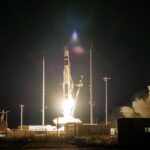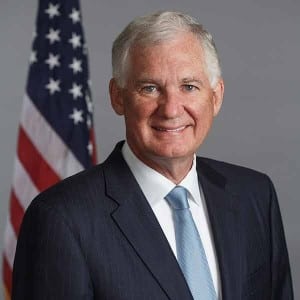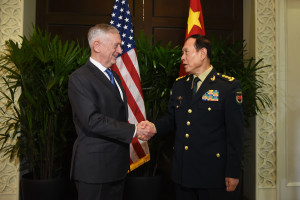
SIMI VALLEY, California – While the United States continues to follow and weigh threats from countries including Russia, Iran and North Korea, a number of panelists at the annual Reagan National Defense Forum Dec. 1 pointed to China as having the biggest potential to undermine economic and national security.Beijing’s ability to more thoroughly change the pace of American life makes it a more viable threat, even as Moscow this week sought to assert its dominance by seizing Ukrainian vessels in…

 By
By 